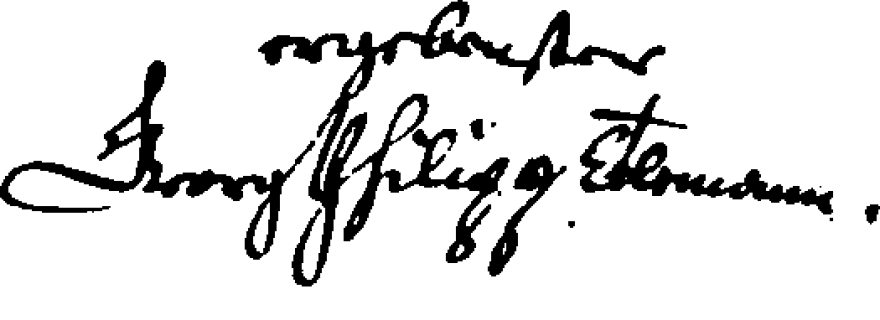Georg Philipp Telemann was unquestionably the most prolific composer of his generation. He wrote over 3,000 individual works ranging from chamber music to opera, from oratorios to cantatas.
His influence was felt in education, composition and performance. He was a close friend of Handel and J.S. Bach and was even the godfather and namesake of Bach’s son Carl Philipp Emanuel. However, Telemann almost didn’t pursue music at all.
We know a great deal about Telemann’s life thanks to not one, but three auto-biographies he left behind. Telemann was born into an upper-middle class family in Hamburg, Germany. Almost every member of his family was highly educated and most ended up being employed by the church.
Telemann was a brilliant student as well and studied Latin, rhetoric and law from an early age, but it was music that captured the young Telemann’s imagination. At 10, he taught himself to play the flute, the violin and various other instruments. By the age of 12, he was attempting to write his first opera.
Telemann’s mother did not approve of her son’s musical habit. She took away all of his instruments and forbid him to study music further. She ended up sending him away to a new school in Zellerfeld where she hoped these musical distractions would cease. However, the school master there saw the potential in the young composer and encouraged Telemann’s musical pursuits.
When Telemann was 20, he entered university in Liepzig to study law and appease his mother. He reportedly left behind all of his instruments and most of his compositions. The story goes that his roommate happened to come across one of his works and arranged to have the piece performed on the campus without Telemann’s knowledge. The piece was so well-received that he was commissioned to write a cantata every 2 weeks.
His career had begun and carried him from Liepzig, to Frankfurt and to Hamburg.During his career, Telemann helped change the practice of composition in Germany. Till that point, composers were employees of the church or opera house or nobility and only wrote the genre of music which they were assigned. Telemann however, would not be contained.
He wrote in any style or genre that suited him, bridging the gap between secular and sacred music. Telemann was also an educator, devoting the last couple decades of his life to the study and teaching of music theory. He wanted to inspire a new generation of composers. Telemann also organized public concerts and championed music publishing in order to expose more people to the world of music.






